| Upcoming talks can be found on the PsychX page of the ECNP website @ ECNP PsychX talks From now on, all information about ECNP-PsychX will be posted on the ECNP website. |
Previous talks
| Monday February 7th Prof. Quentin Huys “Computational Psychiatry: can computers outperform psychiatrists?” Professor Quentin Huys is a clinician and associate professor of Computational Psychiatry at the Department of Psychiatry, Max Planck UCL Centre and Computational Psychiatry and Ageing Research at University College London. His research interests are computational psychiatry, with particular focus on developing computational tools to improve patient outcomes in depression and addictive disorders; complex decision-making and learning, and computational models of emotion. | 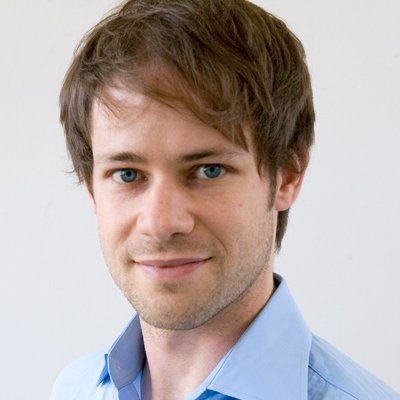 |
| Monday March 7th Dr. Markku Lahteenvuo “Antipsychotic efficacy in the real world” Markku Lähteenvuo currently works as a chief of forensic psychiatry at Niuvanniemi hospital, the largest state operated forensic psychiatric hospital in Finland. In addition to his clinical work, he has authored several publications on the real-world effectiveness of psychopharmacological therapies for depression, bipolar disorder and schizophrenia. He is also involved in projects related to the genetics of psychiatric disorders and treatment response. | 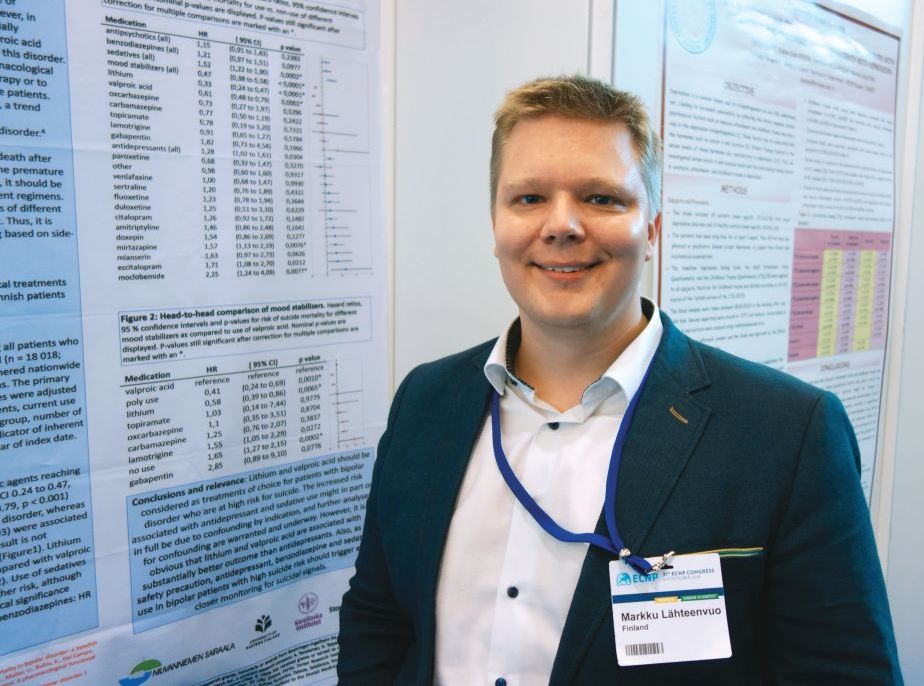 |
| Monday April 4th Dr. Olav Smeland “Understanding the landscape of shared genetic determinants of mental disorders: where will this bring psychiatrists and researchers?” Olav B Smeland is a medical doctor from Norway with a PhD in neuroscience. He works as a psychiatrist at Oslo University Hospital and is a researcher at the Norwegian Centre for Mental Disorders Research (NORMENT). His main area of research interest is uncovering the genetic risk architecture of severe mental disorders such as schizophrenia and bipolar disorder. In particular he focuses on investigating the shared genetic risk between mental disorders and related traits and diseases. | 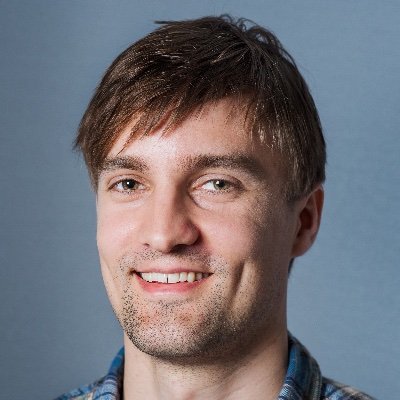 |
| Monday July 4th Prof. Christoph Correll “What’s New in Psychopharmacology in 2022” Christoph U. Correll is Professor of Psychiatry at The Zucker School of Medicine at Hofstra/Northwell, New York, USA, and also Professor and Chair of the Department of Child and Adolescent Psychiatry, Charité University Medicine, Berlin, Germany. He completed his medical studies at the Free University of Berlin in Germany, and Dundee University Medical School in Scotland. He is board certified in general psychiatry and child and adolescent psychiatry, having completed both residencies at The Zucker Hillside Hospital in New York City. Since 1997, he has been working and conducting research in New York, USA, and since 2017 he is also working in Germany again. Professor Correll focuses on the identification and treatment of youth and adults with severe mental illness, clinical trials, epidemiology, psychopharmacology, meta-analyses, and the interface between physical health and mental health. He has authored or co-authored over 700 journal articles that have been cited more than 49.000 times and received over 40 research awards for his work. Since 2014, the beginning of this metric, he has been listed every year by Clarivate/Web of Science as one of the “most influential scientific minds” and “top 1% cited scientists in the area of psychiatry”. |  |
| Monday September 5th Dr. Heidi Taipale “Real-world evidence on antipsychotic doses for schizophrenia” Dr. Heidi Taipale is a Senior Researcher at Karolinska Institutet, Stockholm, Sweden, working in the field of psychiatric epidemiology. She is an Academy Research Fellow at Niuvanniemi Hospital, Kuopio, Finland, working in research on the effectiveness of pharmacotherapy for schizophrenia. She has a title of Docent in pharmacoepidemiology and is a Doctor of Science in pharmacy. Her areas of interest and work include the real-world effectiveness of pharmacotherapies in psychiatric disorders, adverse outcomes associated with pharmacotherapies, and register-based psychiatric epidemiology. She has strong focus on developing new and improved methods for register-based research, especially for deriving estimates of medication use from large datasets. She has published more than 160 original works and has over 4000 recorded citations listed in the Google Scholar. | 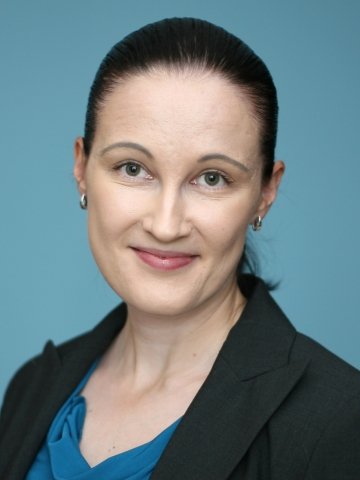 |
| Monday October 3rd Prof. James MacCabe “Treatment resistant psychosis: is evidence-based medicine failing?” After an intercalated BSc in Psychology and Basic Medical Sciences, Professor MacCabe qualified in medicine at the University of London in 1995 and completed his basic and higher specialist training in Psychiatry at the Maudsley Hospital from 1997 to 2004. He obtained a joint MRC/Department of Health Special Training Fellowship in Health of the population research in 2004, in collaboration with the Department of Medical Epidemiology and Biostatistics at Karolinska Institute, Stockholm. He obtained an MSc in Epidemiology from the London School of Hygiene and Tropical Medicine in 2006 and a PhD in 2008. In 2009 he was awarded a Clinical Senior Lectureship by the Higher Education Funding Council for England. He was awarded a personal chair as Professor of Epidemiology and Therapeutics at King’s College London in 2019. Professor MacCabe has been honorary consultant psychiatrist at the National Psychosis Unit since 2005, where he is responsible for treating inpatients with severe psychosis and conducting clinical trials. Prof MacCabe serves on the Board of Trustees of the mental health charity, SANE. Professor MacCabe’s research in treatment refractory schizophrenia personalised medicine mirrors his clinical work, and is geared towards helping people whose psychosis has not responded to standard antipsychotic treatment. His research includes work on the epidemiology, genetics and neurochemistry underlying treatment refractory schizophrenia, and identifying biomarkers that may be used in personalised medicine. Much of his research is conducted in collaboration with UK and international partners. | 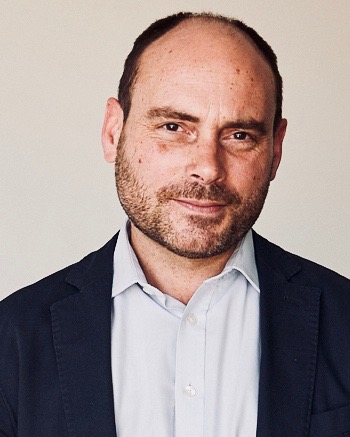 |
| Monday November 7th Prof. Arianna Di Florio “Postpartum psychosis and bipolar disorder: two different disorders or the same?” Arianna is a researcher and clinical psychiatrist. Psychiatric disorders associated with changes in female sex hormones, such as those associated with the menstrual cycle, childbirth and transition to menopause, are a major public health issue and represent a unique opportunity to study the complex interplay between gender, sex and mental states. In my role at Cardiff University, I have set up the Reproductive Neuroscience Clinical and Research Programme to study how genetic and environmental markers can help identify women at risk of psychiatric disorders in relation to changes in sex hormones and improve the current approach to diagnosis, prevention and treatment. The programme includes the European Research Council funded project “Genetic Architecture Of Sex Steroid-related Psychiatric Disorders” (GASSP), the first molecular genetic study of the psychiatric sensitivity to sex hormone changes. At the MRC Centre for Neuropsychiatric Genetics and Genomics at Cardiff University I lead the bipolar disorder genomics research group. Together with the Bipolar Disorder Research Network, the centre has collected the largest cohort of people with bipolar disorder in the world and has made important contributions to the understanding of the genetic susceptibility underpinning the disorder. | 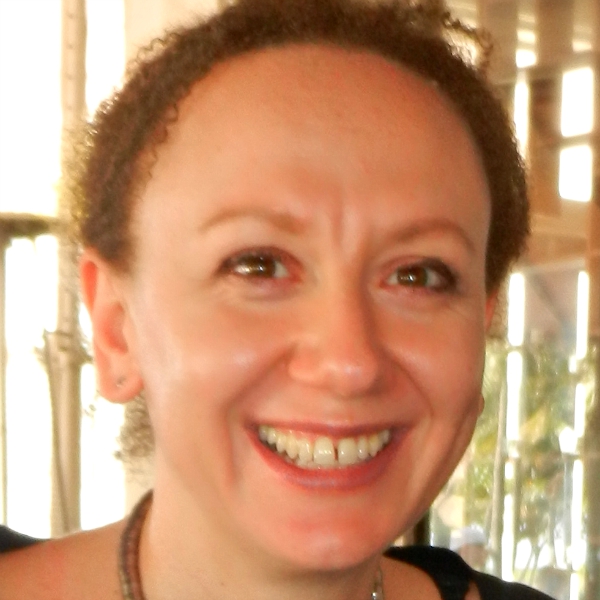 |
| Monday December 5th Prof. Klaas Enno Stephan “Translational Neuromodeling, Computational Psychiatry & Computational Psychosomatics” Prof. Klaas Enno Stephan is a computational neuroscientist and medical doctor. He currently serves as Professor for Translational Neuromodeling & Computational Psychiatry at the University of Zurich and ETH Zurich. His work concerns the development of clinically useful computational assays for psychiatry and psychosomatic medicine, with a current focus on brain-body interactions in fatigue and depression. In order to enable the clinical validation of his work, Klaas founded the Translational Neuromodeling Unit (TNU) at Zurich. The TNU assembles computational scientists and clinicians under one roof in order to evaluate the diagnostic and prognostic utility of computational assays in prospective patient studies. |  |
| Monday February 6th Prof. Paul Appelbaum Assessing Decisional Capacity in Psychiatric Patients Paul S. Appelbaum, M.D. is the Elizabeth K. Dollard Professor of Psychiatry, Medicine, and Law, and Director, Center for Law, Ethics, and Psychiatry, Department of Psychiatry, Vagelos College of Physicians and Surgeons, Columbia University. He directs Columbia’s Center for Research on Ethical, Legal, & Social Implications of Psychiatric, Neurologic, & Behavioral Genetics. The author of many articles and books on law and ethics in clinical practice and research, much of his more recent research has focused on the ethical and psychosocial impact of advances in genetics. Dr. Appelbaum is a Past President of the American Psychiatric Association and the American Academy of Psychiatry and the Law, now chairs the APA’s DSM Steering Committee, and is a member (and former chair) of the Standing Committee on Ethics of the World Psychiatric Association. He has been elected to the National Academy of Medicine. Dr. Appelbaum is a graduate of Columbia College, received his M.D. from Harvard Medical School, and completed his psychiatry residency at the Massachusetts Mental Health Center/Harvard Medical School. |  |
| Monday March 6th Dr. David Shiers Protecting the physical health of people with severe mental illness: the pivotal role of carers David is an honorary reader in early psychosis at Manchester University. In a previous life David had been a GP in Leek, North Staffordshire. His interest in mental health arose from personal involvement as a carer from the mid 90s. Derived from what he felt was lacking in his daughter’s early experiences of care David jointly led with Professor Jo Smith the UK’s National Early Intervention in Psychosis Programme (2004-10). Now retired, David continues to challenge why people like his daughter should accept poor physical health, participating in relevant NICE guidance and quality standards, and as a clinical adviser to National Clinical Audits of Schizophrenia/Psychosis (2011-2018). In 2014, with Dr Jackie Curtis, David supported the launch of Healthy Active Lives, an international consensus on intervening early to protect people’s bodies as well as their minds (iphYs). Most recently David has been involved in another consensus statement, The Right To Smile, drawing attention to the neglected health inequality of poor oral health (The Right To Smile) David began his current academic appointment in 2015, something he never anticipated, 41 years after qualifying to be a doctor in Manchester, and particularly as his only previous research experience was conducted in his veg plot collaborating with his young grandsons on ways to grow giant pumpkins. During this March 6th PsychX session, David and Jurjen had a conversation about how David’s experiences as a carer have shaped his interests, brought him in contact with the world of mental health research and how valuable carers may be for the wellbeing of patients with mental illness. | 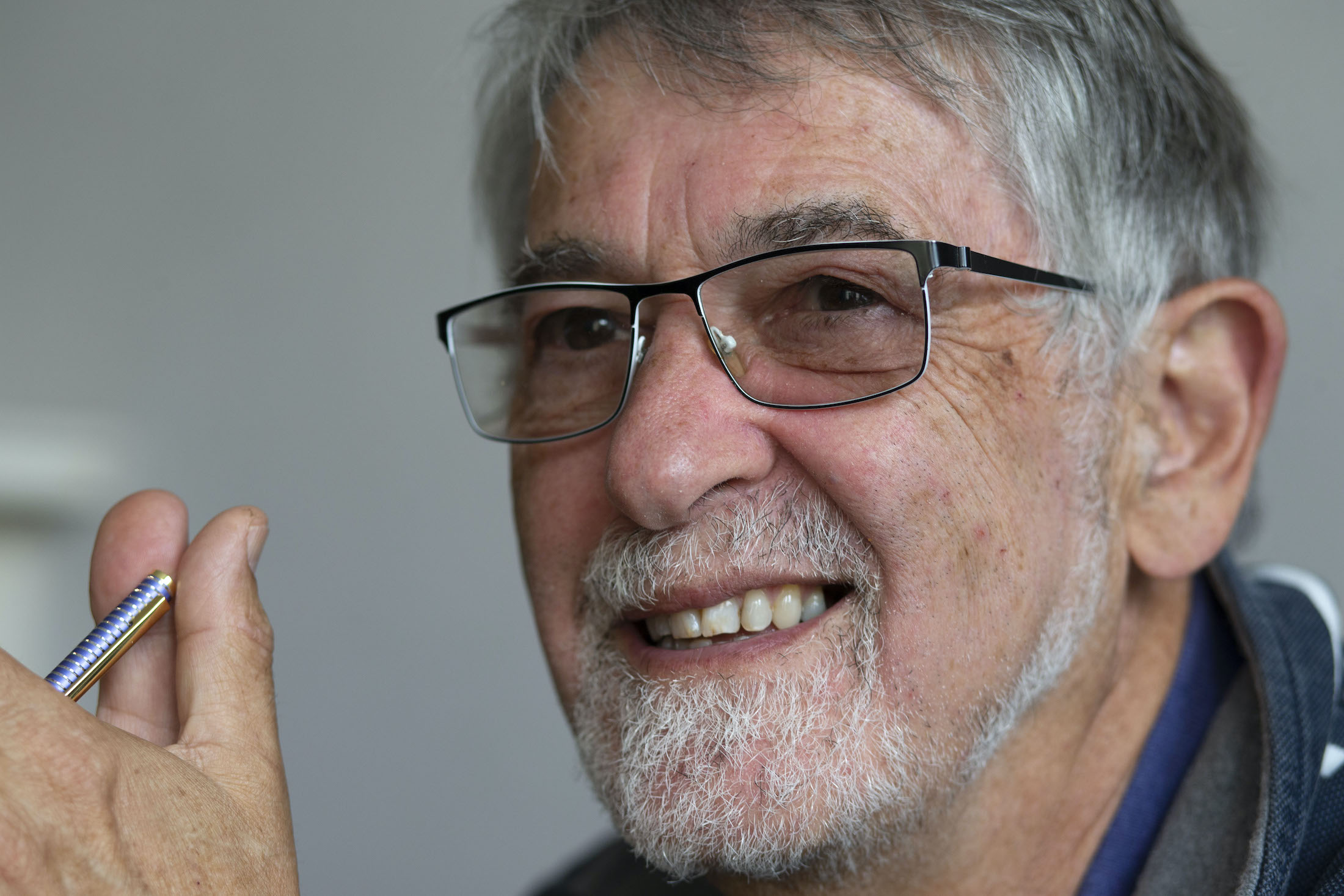 |
| Monday April 3rd Prof. Guy Goodwin Can we re-medicalise the psychedelic experience? Guy Goodwin, FMedSci is Chief Medical Officer for Compass pathways, working to re-medicalize the psychedelic experience for use in psychiatry. He is Emeritus Professor of Psychiatry and NIHR Emeritus Senior Investigator at the University of Oxford, UK. His research interests are the treatment of mood disorder and the potential to improve treatment using new drugs and new technology. He is a Fellow of the American College of Neuropsychopharmacology, has previously held the position of President of the British Association for Psychopharmacology and the European College of Neuropsychopharmacology (ECNP) and is a Senior Investigator on the faculty of UK National Institute for Health Research (NIHR). Our understanding of how the psychedelic experience emerges from brain activity is an area of intense interest and contemporary research. COMP 001 was the first large, multinational, randomized controlled trial to evaluate psilocybin in patients with TRD1. On the primary efficacy measure, large dose-dependent reductions from baseline in Montgomery-Asberg Depression Rating Scale (MADRS) scores were evident starting from Day 2. The mechanisms underlying this change are of great potential interest. 1Goodwin, G. M., Aaronson, S. T., Alvarez, O., Arden, P. C., Baker, A., Bennett, J. C., … & Malievskaia, E. (2022). Single-dose psilocybin for a treatment-resistant episode of major depression. New England Journal of Medicine, 387(18), 1637-1648. | 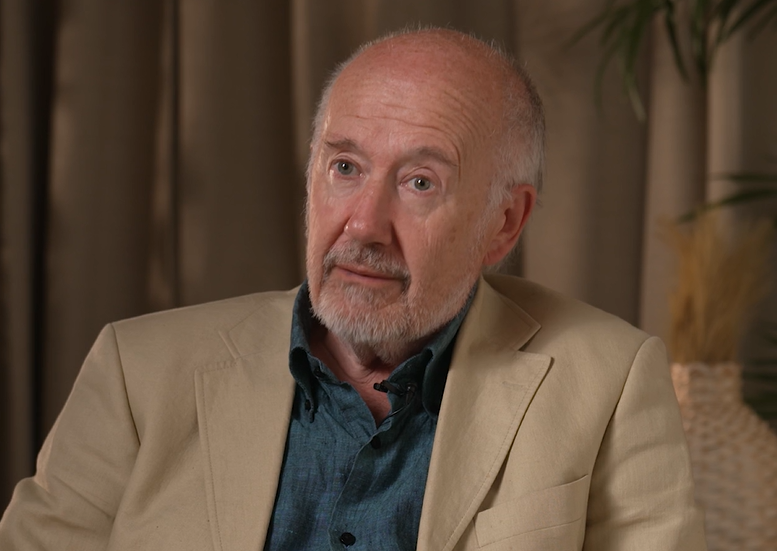 |